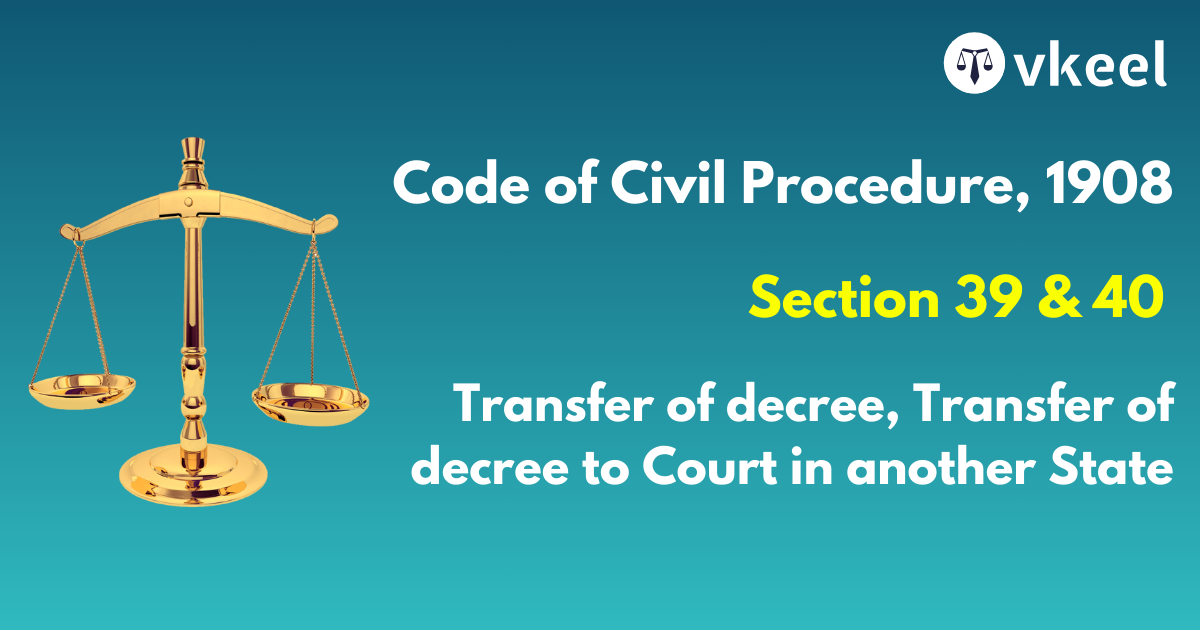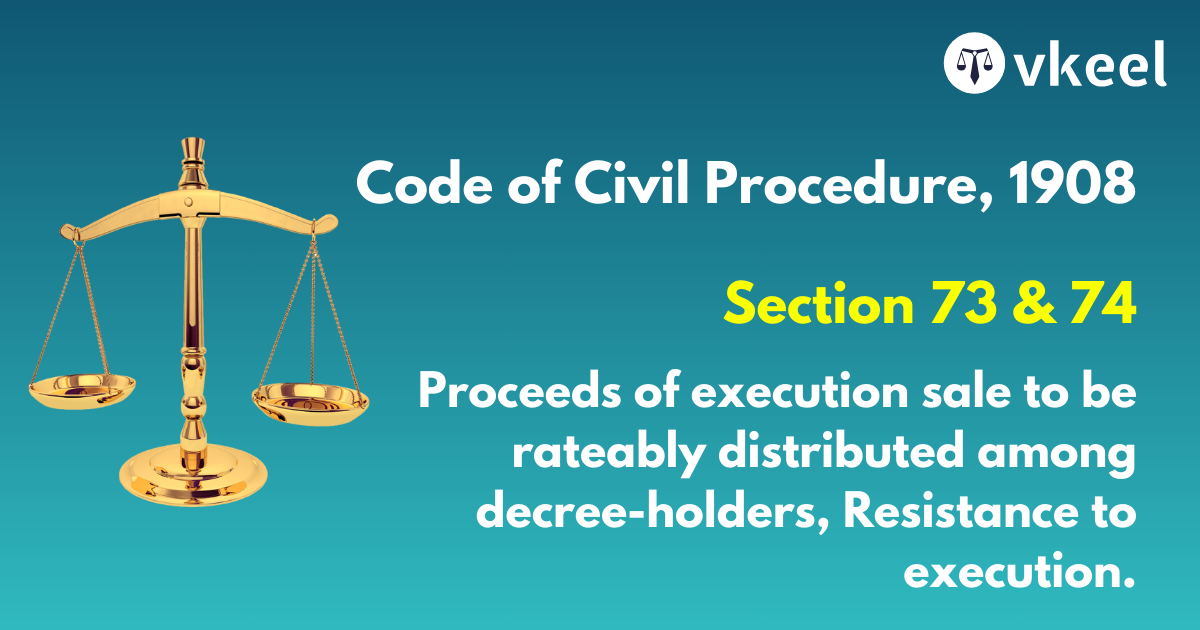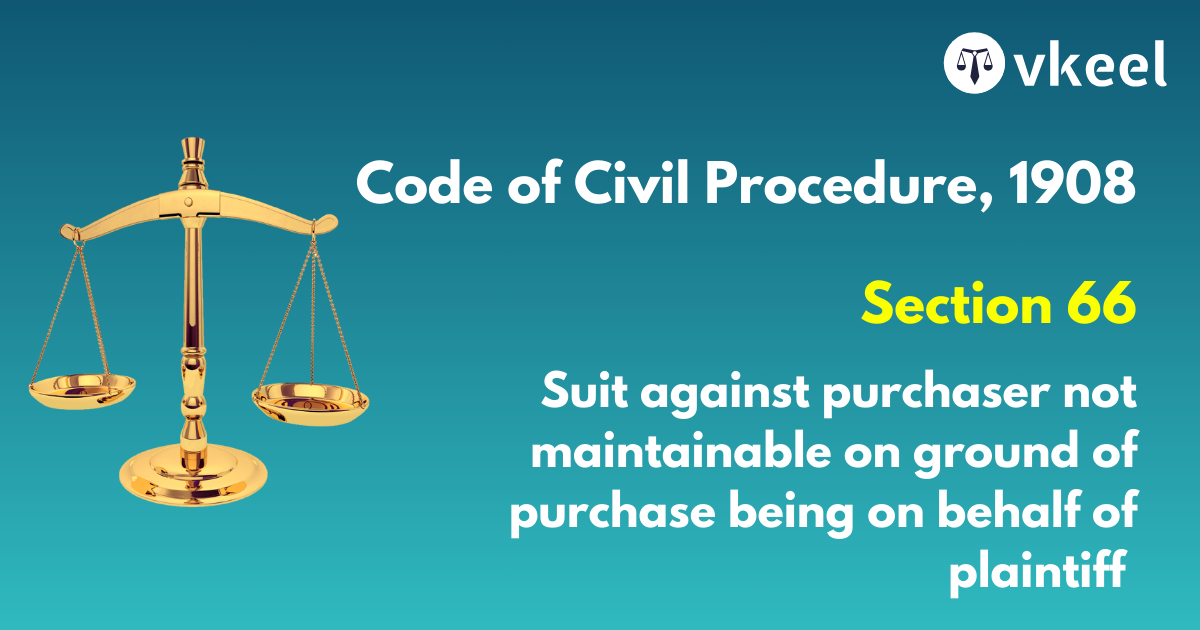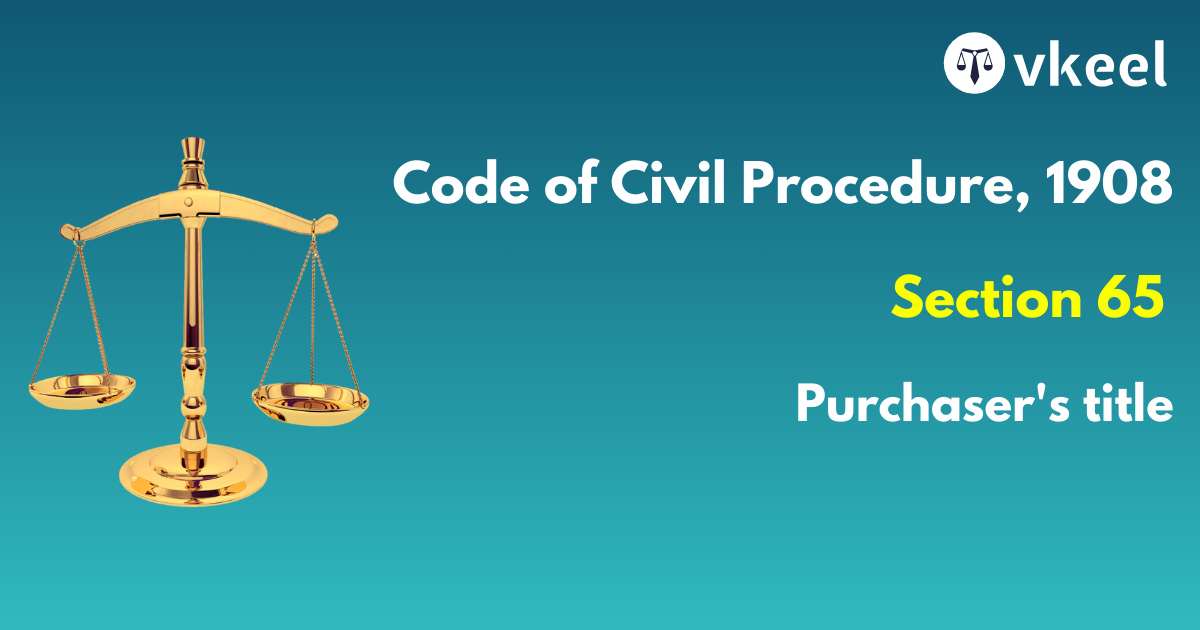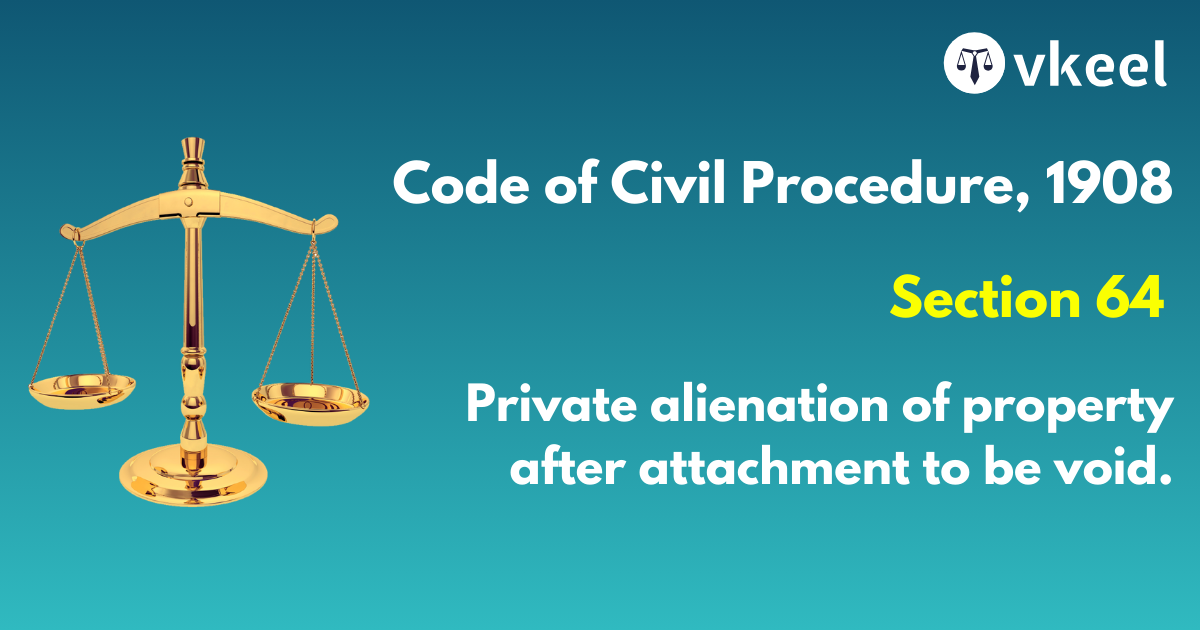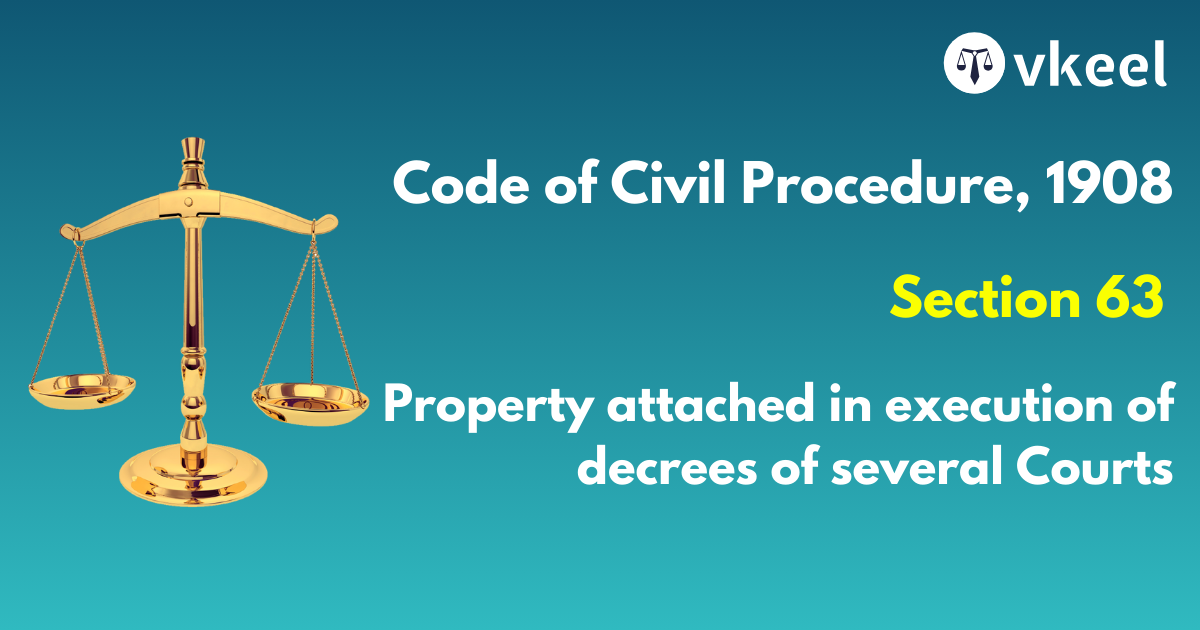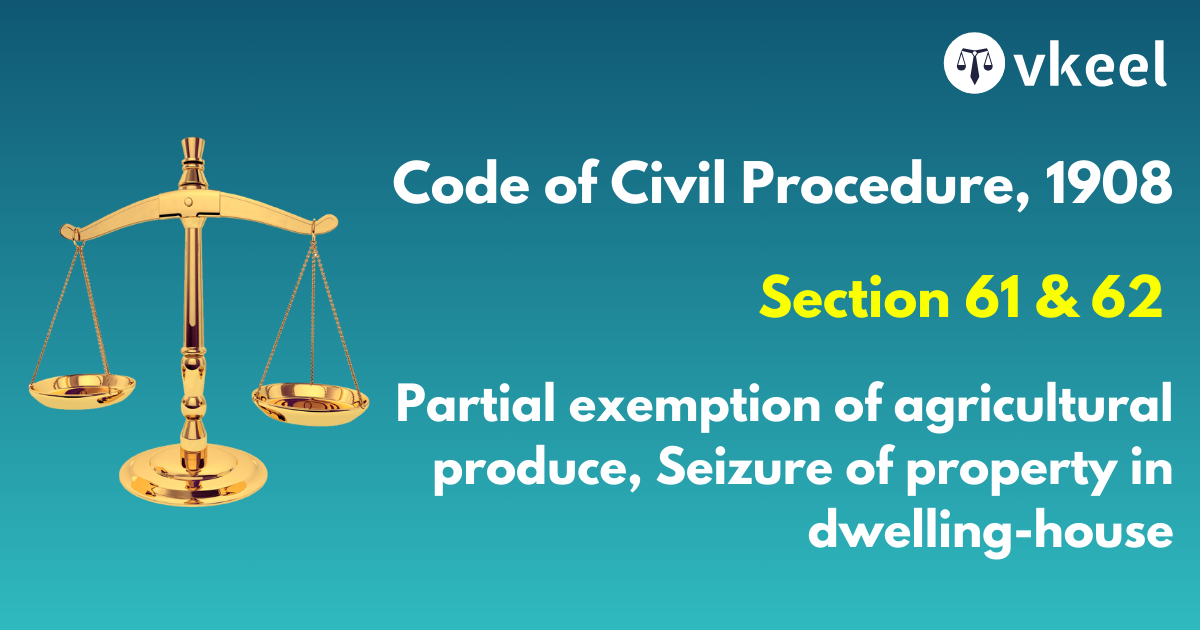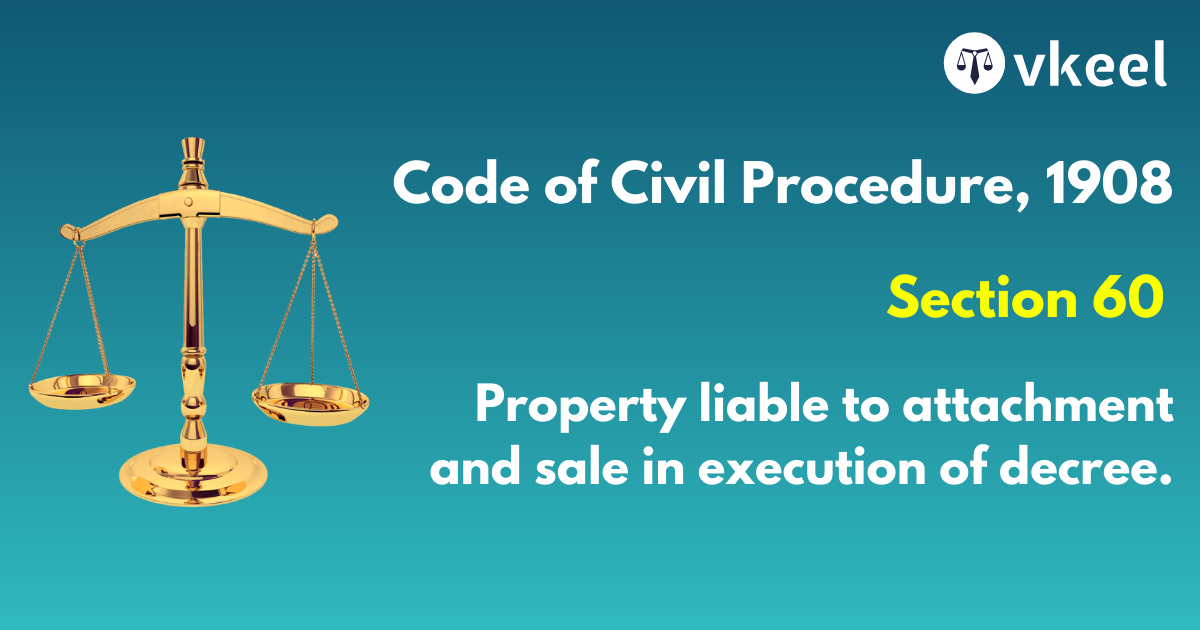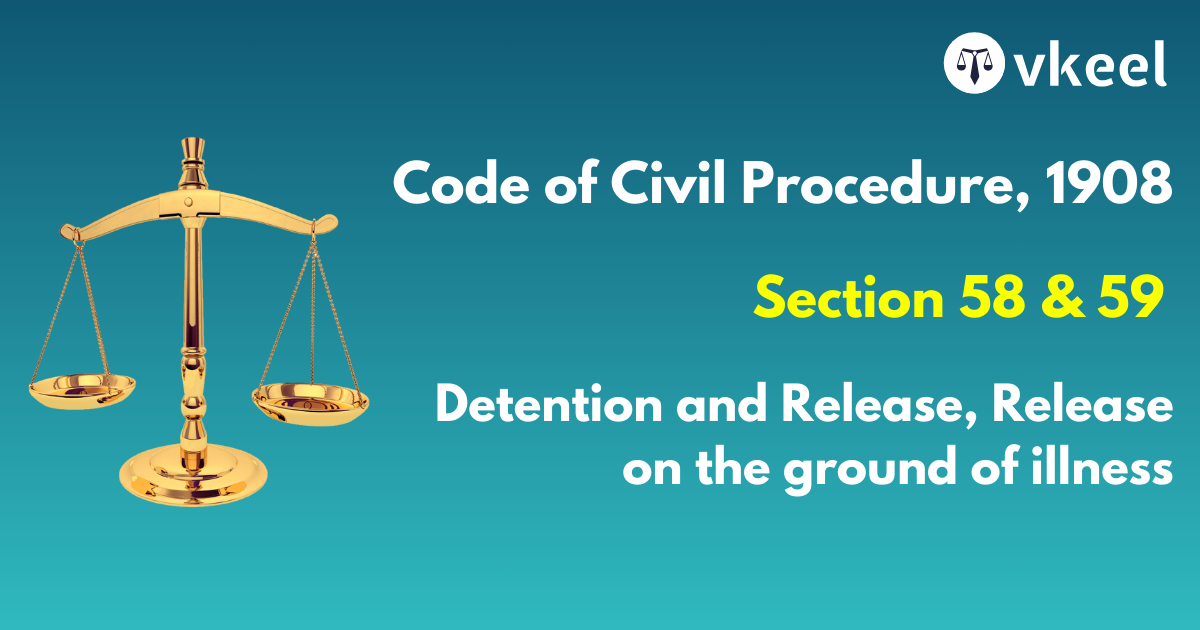Section 39 & 40 of the Code Civil Procedure,1908
By Joy Puri
Introduction
The section 39 of the Code of Civil Procedure talks about the transfers of the decrees. The decree can be transferred if the judgment debtor resides or works within the jurisdiction of the receiving court, if the property in question is situated there, if the decree needs to be executed in another court’s jurisdiction, or if the court itself deems it fit for another reason.
Further, it also entails the conditions under which a court that passed a decree can transfer it to another court for execution. This allows flexibility in enforcing decrees outside the original court’s territorial limits.
Switching the perspective to the other side, the section 40 of the Code of Civil Procedure, This section facilitates cross-border enforcement of legal decisions, ensuring that decrees have effect even when the judgment debtor or property is located in a foreign nation with which India has an agreement.
Furthermore, it specifies that decrees passed by Indian courts can also be executed outside India if the decree falls under reciprocal arrangements with foreign countries, as recognized by the Indian government.
Section 39&40 of the Code of Civil Procedure,1908
Transfer of decree-
(1) The Court which passed a decree may, on the application of the decree holder, send it for execution to another Court 1 [of competent jurisdiction],
(a) if the person against whom the decree is passed actually and voluntarily resides or carries on business, or personally works for gain, within the local limits of the jurisdiction of such other Court, or
(b) if such person has not property within the local limits of the jurisdiction of the Court which passed the decree sufficient to satisfy such decree and has property within the local limits of the jurisdiction of such other Court, or
(c) if the decree directs the sale or delivery of immovable property situate outside the local limits of the jurisdiction of the Court which passed it, or
(d) if the Court which passed the decree considers for any other reason, which it shall record in writing, that the decree should be executed by such other Court.
(2) The Court which passed a decree may of its own motion send it for execution to any subordinate Court of competent jurisdiction.
(3) For the purposes of this section, a Court shall be deemed to be a Court of competent jurisdiction if, at the time of making the application for the transfer of decree to it, such Court would have jurisdiction to try the suit in which such decree was passed.
(4) Nothing in this section shall be deemed to authorise the Court which passed a decree to execute such decree against any person or property outside the local limits of its jurisdiction. Section 40 of the Code of Civil Procedure
Section 40- Transfer of decree to Court in another State –
Where a decree is sent for execution in another State, it shall be sent to such Court and executed in such manner as may be prescribed by rules in force in that State.
Landmark Case Laws
Gowrammal v Lingappa,1968
But where a court, which acquires an inherent jurisdiction over the subject matter of a decree since the passing of the decree by another court (as for instance by virtue of transfer of jurisdiction in which case jurisdiction has been expressly given to such a court to execute the decree by Explanation added by 1976 Amendment to section 37), entertains an application for execution with reference thereto without any order of transfer by the court passing the decree, it would merely be an irregular exercise of jurisdiction and not its total absence, and hence it can execute the decree. This principle, however, does not apply to money decree.
Swati Land Deve. Pvt Ltd v VT Lodhia, 2003
Where the defendant carried on business within the jurisdiction of Court at place R, the transfer of the decree for execution to place R would be legal. The fact that the JD has the property at place V within the jurisdiction of the Court which passed the decree and that property is sufficient to satisfy the decree is irrelevant.
Ramdayal v Kisturi, 1970
The said principle has, however, been applied in the case of money decree in peculiar circumstances of a case. In this case the suit which was instituted in a competent court was transferred to another court by the Dist Judge under section 24 and decreed in that court, and the original court entertained the application for execution without any order of transfer from the decreeing court because of the residence of the judgment-debtors and their properties being situated within the local limits of its jurisdiction
Shivalomal v Bhola, 1946
When in execution of a transferred decree, a decree of a higher court exceeding the pecuniary jurisdiction of the transferee court is attached, the transferee court has jurisdiction to execute it to the extent of its own jurisdiction.
Sindhu Chits & Trading Pvt Ltd v Khayiaunnissa, 1992
The procedure to be followed in the matter of execution of the order of the company court is different from that laid down in section 39 or O XXI rule 4 CPC. So where the order made by the company court is required to be enforced by another court, a mere production of certified copy of the order, is sufficient without getting the order transferred by the company court.
Sundaram Finance v Abdul Samad, 2018
The Supreme Court has held that an award under section 36 of the said Arbitration Act is equated to a decree of the Court for the purposes of execution and only for that purpose. Thus, it was rightly observed that while an award passed by the arbitral tribunal is deemed to be a decree under section 36 of the Arbitration Act, there was no deeming fiction anywhere to hold that the Court within whose jurisdiction the arbitral award was passed should be taken to be the Court, which passed the decree. The Arbitration Act actually transcends all territorial barriers
M/S. Zaz Fashion Revisionist Vs M/S. U.T Worldwide (India) Pvt. Ltd, 2013
Section 40 of the Code of Civil Procedure, 1908 provides that where a decree is sent for execution in another State, it shall be sent to such Court and executed in such manner as may be prescribed by rules in force in that State. Accordingly, it is undisputed that the amended provisions of sub section (3) of section 39, as applicable in the State of Uttar Pradesh, would be applicable with reference to the execution in question.
Conclusion
In totality, these sections promise that decrees are enforceable not only within the limits of the original court but also across jurisdictions, including internationally, under specified conditions prevailing thereof.
Disclaimer:
The information provided in the article is for general informational purposes only, and is not intended to constitute legal advice or to be relied upon as a substitute for legal advice. Furthermore, any information contained in the article is not guaranteed to be current, complete or accurate. If you require legal advice or representation, you should contact an attorney or law firm directly. We are not responsible for any damages resulting from any reliance on the content of this website.

